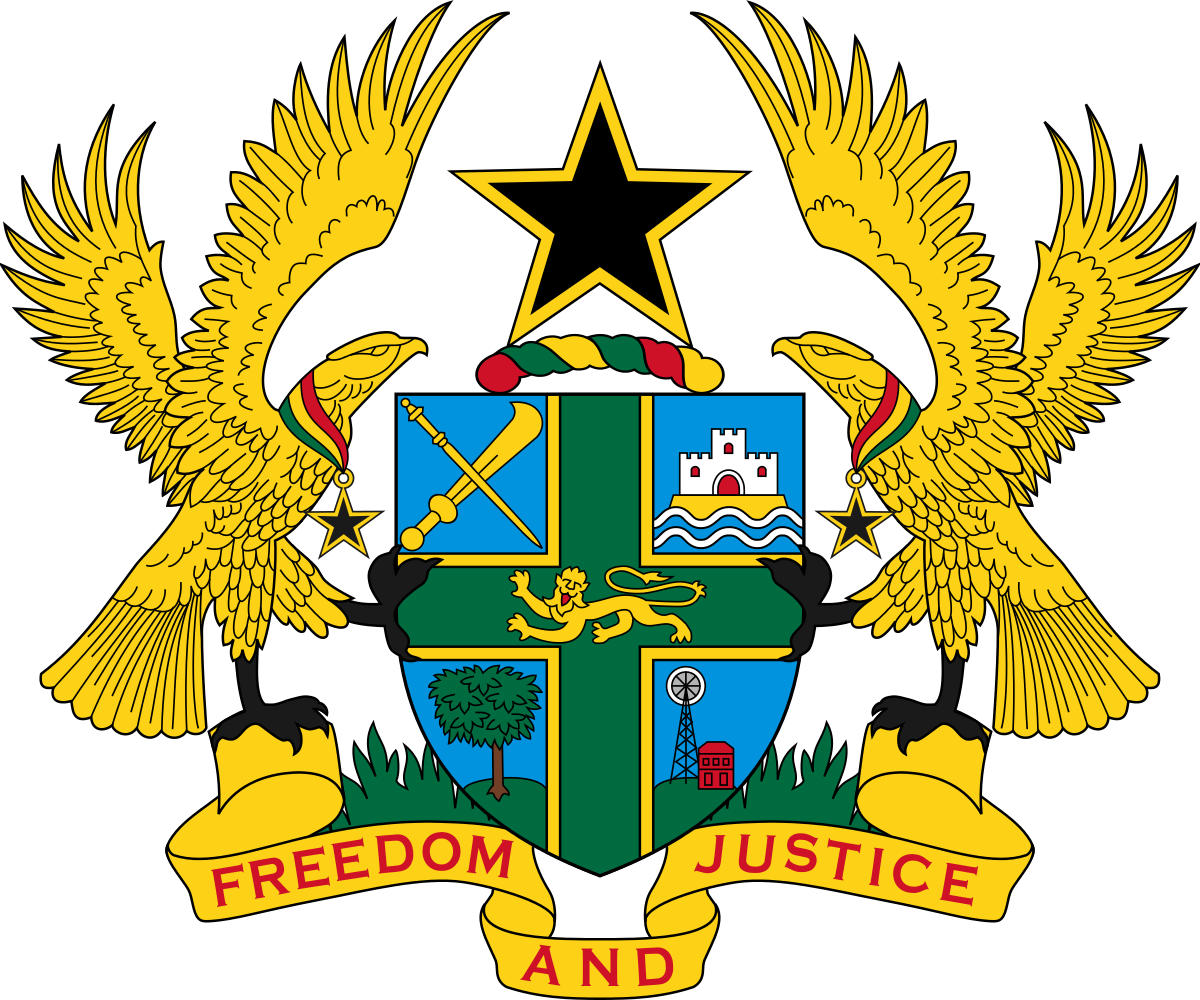“Let me reiterate that the call for reparations is not a plea for alms, but a valid demand for justice. If reparations can rightfully be paid to victims and descendants of the victims of the Holocaust, so can reparations also be paid to the descendants of the victims of the Slave Trade. It has been four hundred (400) years, and we want closure to this tragedy.”
These were the words of the President of the Republic, Nana Addo Dankwa Akufo-Addo, when he delivered an address at the opening of the Accra Reparations Summit, held at the Kempinski Hotel, on Tuesday, 14th November 2023.
Delivering his address at the event, President Akufo-Addo stated that the Trans-Atlantic Slave Trade, which begun with some twenty (20) slaves from West Africa being forcibly sent in 1619 to the United States of America, was devastating to the continent and to the African Diaspora, as it stifled the economic, cultural and psychological progress of Africa.
“But what we do know is that the African peoples built and contributed to the successes of the Americas, and even though they did not willingly make the journeys in the two hundred (200) years of the slave trade, once there, they were and have been an integral part of the success in their new homes, even though they have not benefitted nearly as much as they should have from their toil,” he said
The President noted, however, that reparations for Africa and the African diaspora are long overdue, with the question of reparations becoming a debate only when it comes to Africa and Africans.
“When the British ended slavery, all the owners of enslaved Africans received reparations to the tune of twenty million pounds sterling, the equivalent today of twenty billion pounds sterling, but enslaved Africans themselves did not receive a penny. Likewise in the United States, owners of slaves received three hundred dollars for every slave they owned; the slaves themselves received nothing,” he said.
President Akufo-Addo continued, “Take the case of Haiti, which had to pay reparations amounting to twenty-one billion dollars ($21 billion) to French slaveholders in 1825 for the victory of the great Haitian Revolution, the first in the Americas and the Caribbean which freed the slaves. It was a payment made under duress that impoverished Haiti throughout the 19th century till today.”
The President also indicated that native Americans have received and continue to receive reparations; Japanese-American families, who were incarcerated in internment camps in America during World War II, received reparations.
He added that Jewish people, six million of whom perished in the concentration camps of Hitlerite Germany, received reparations, including homeland grants and support.
“So, it is time for Africa, twenty million of whose sons and daughters had their freedoms curtailed and sold into slavery, also to receive reparations. No amount of money can restore the damage caused by the Trans-Atlantic Slave Trade and its consequences, which have spanned many centuries. Surely, this is a matter that the world must confront, and can no longer ignore,” he indicated.
And, even before these discussions on reparations conclude, President Akufo-Addo noted that the entire continent of Africa deserves a formal apology from the European nations involved in the slave trade for the crimes and damage it has caused to the population, psyche, image and character of the African the world over.
Whilst at it, the President pointed out that the subject of restitutions must go along with the matter of reparations.
“The initiative for the return and restitution of African cultural properties to the continent must also be a major issue of concern for all Africans. We must call for the return of African cultural properties that were illegally and shamelessly transported from the continent,” he said.
The President stated that he was aware of the efforts made by countries such as Senegal, Nigeria and Benin in successfully regaining possession of some of their cultural properties that were illegally moved out of their territories.
Ghana, he added, has also successfully recovered some of its stolen cultural properties and relics, pointing to the collaboration of Government and elders of Ahanta to return the severed head of Nana Badu II, who was executed in 1838.
Other success stories, he stated, include the return of some family collections of the Ashanti Royal Family and an Asante Stool in 1985, by the British Government.
“The return and restitution of African cultural properties to the continent will help Africans, and, in particular, the descendants of the communities, groups, and individuals who created and produced these cultural properties, to reconnect to their history, to their pioneers, to their knowledge and their skills,” the President added.
Distributed by APO Group on behalf of The Presidency, Republic of Ghana.
